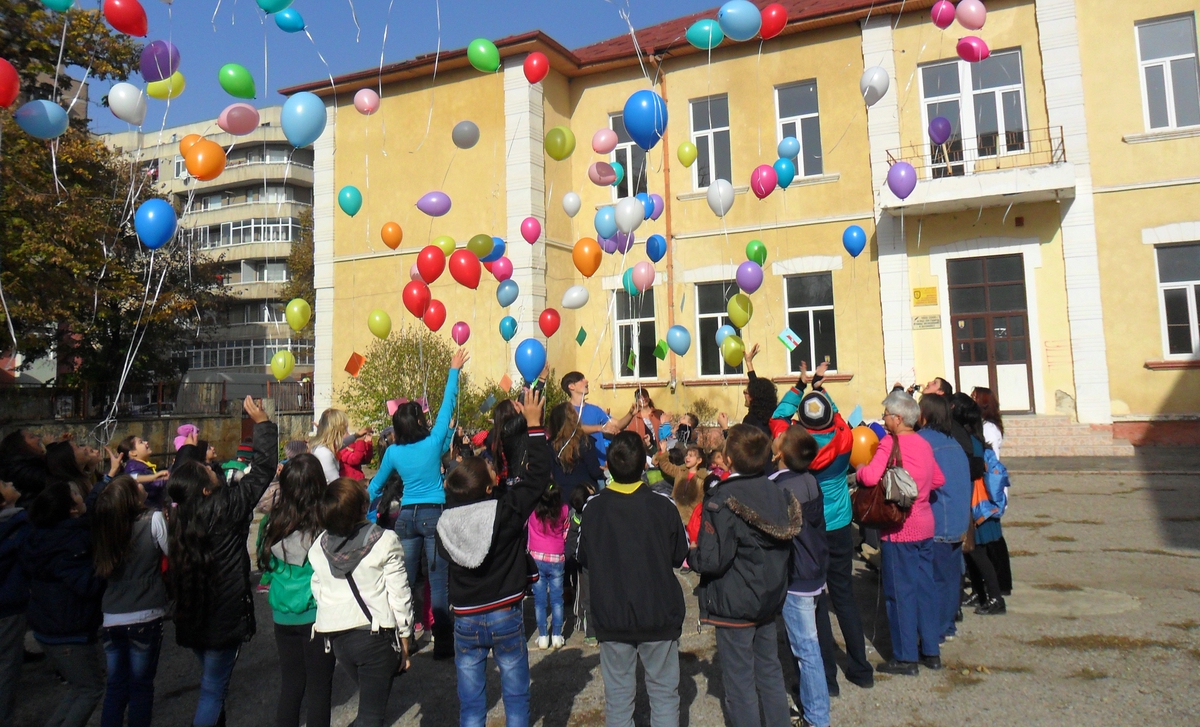It is a vital part of Lumos’ work to give disadvantaged children - particularly disabled children in institutions – and their families a voice, so they can influence decisions affecting their lives. It is their right to be heard.
That principle also applies to local people, in local communities, where children will come to live when they leave institutions. We help the authorities involved in the deinstitutionalisation (DI) process to find ways of encouraging local people to air their views and to help encourage a two way conversation which can help inform the larger community about the new services available in their area and to alleviate any anxieties they may have about children returning to their towns and villages.
It is crucial to the success of DI that local communities feel their views and feelings are understood, and taken into account. In practice, this means giving them clear information, as early as possible in the reform process, and providing an opportunity for them to voice their concerns and opinions.
At a recent event in a town in the Varna region of Bulgaria, we worked with the deputy mayor to hold a public discussion about our plans. He told the community about the positive effects that reform would have on local services for all children - including increased local budgets and more integrated services.
The success of this event was enhanced by one of our young Lumos ‘self-advocates’ - young people who are in the process of leaving institutions and who take an active role in promoting DI - who talked to local people in her own words.
Our young advocate was the best possible champion of the cause of returning institutionalised children to their communities. She could show the audience the true, sad reality of their situation: that they were children and young people desperate for a second chance. They were institutionalised through no fault of their own, and they only wanted the love, care and attention of a family that is the right of all children.
At such events, we distribute leaflets and other material to enable local people to learn about the reforms and the return of the children to their communities.
We find some local people are happy to be recruited as advocates to spread the word. In this way, it is possible to create a network of good will around the project, by involving the public in its progress.
Lumos has found that the more local people are involved, the more they choose to take an active and positive role, and the more successful the integration for the children will be.



